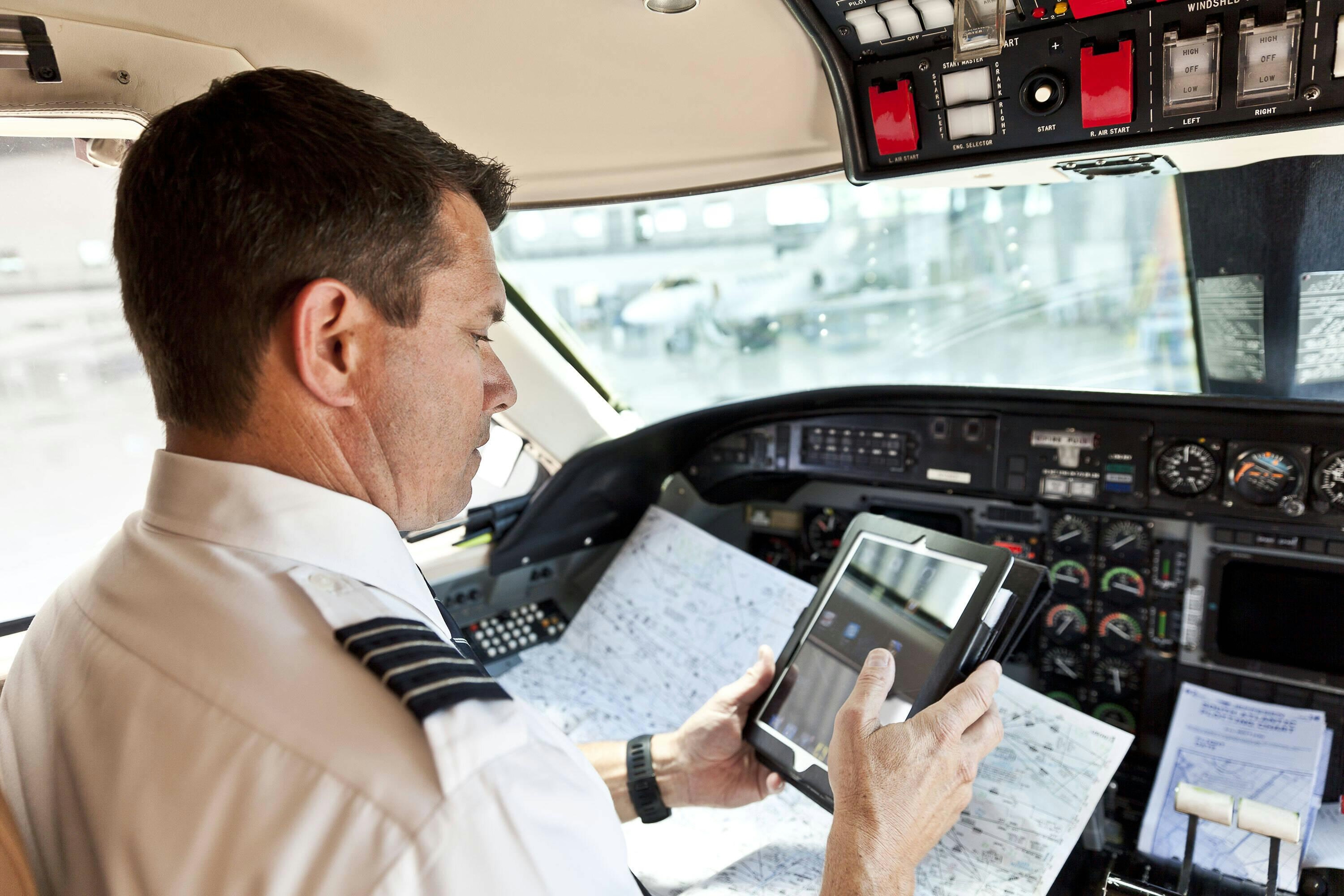أيروجيني — مساعدك الذكي للطيران.
الرائج الآن
Categories
Common Pitfalls in Purchasing Business Aviation Software

Common Pitfalls in Purchasing Business Aviation Software
As business aviation operations increasingly depend on digital tools, selecting the appropriate software has become a critical decision for flight departments, whether managing a single aircraft or an entire fleet. The rapid evolution of operational requirements, coupled with the growing prevalence of hybrid work environments, has prompted many operators to reevaluate their existing systems to ensure they meet current and future demands.
Integration and Compatibility Challenges
One of the foremost challenges in acquiring business aviation software lies in ensuring seamless compatibility with existing platforms. Operators often confront complex integration issues, particularly when deciding between adopting comprehensive all-in-one solutions or utilizing multiple specialized applications that must communicate effectively. This decision is further complicated by the imperative to implement robust cybersecurity measures, as sensitive passenger and operational data face increasing threats from cyberattacks.
Andrew Stylianou, co-chair of the NBAA’s Schedulers & Dispatchers Committee and flight operations manager for a large Part 91 operator, emphasized the importance of software integration in maintaining operational cohesion across dispersed teams. Jennifer Dow, co-chair of the same committee and director of client services for Part 135 operator AB Jets, highlighted the transformative impact of new software features, such as the ability to screen passengers against the No-Fly List and to complete Advanced Passenger Information System (APIS) requirements within a single platform, significantly streamlining workflows.
Desktop Versus Mobile Functionality
A critical consideration in software selection is the distinction between desktop software and mobile applications. Desktop solutions typically offer comprehensive functionality, whereas mobile apps are designed for streamlined, on-the-go use. Stylianou noted the ongoing challenge of replicating full desktop capabilities on mobile platforms, often requiring extensive automation through APIs to bridge the gap.
Dow recounted a practical example illustrating this issue: a training video created for desktop software proved ineffective when crews accessed the system via iPhones and iPads, necessitating a complete redo of the tutorial tailored to mobile devices. This experience underscores the necessity of thoroughly evaluating user experience across all intended devices prior to implementation to avoid operational disruptions.
Market and Industry Implications
The rising demand for business aviation, as reflected in increased business jet deliveries in the second quarter of 2025, has intensified scrutiny of software vendors by operators. Reliability, performance, and security have become paramount criteria as flight departments seek scalable solutions capable of adapting to evolving operational needs. In response, software providers are enhancing their offerings with a focus on integration capabilities, user experience, and customer support to maintain competitiveness in a dynamic market.
Operators must carefully assess compatibility with existing systems, consider the complexity of integration alongside cybersecurity requirements, and evaluate both desktop and mobile functionalities to ensure comprehensive usability. Vendor reliability and ongoing support also remain critical factors in the procurement process. As the business aviation industry continues to evolve, informed software selection will be essential to sustaining efficient, secure, and collaborative flight operations.

Emirates Unveils Cabin Design for New Boeing 777X

Eighteen Years On, the Airbus A380 Remains Central to a $34 Billion Airline

How a boom in luxury airline seats is slowing down jet deliveries

Navitaire Outage Attributed to Planned Maintenance

DigiYatra Debuts Outside Aviation at India AI Impact Summit

Vietnam Orders Strengthen Boeing’s Commercial Outlook

Airbus Signals Uncertainty Over Future A400M Orders

JobsOhio Awards $2 Million Grant to Hartzell Propeller for Innovation Center

Collins Aerospace Tests Sidekick Autonomy Software on YFQ-42A for U.S. Air Force CCA Program

How the Airbus A350-1000 Compares to the Boeing 777
